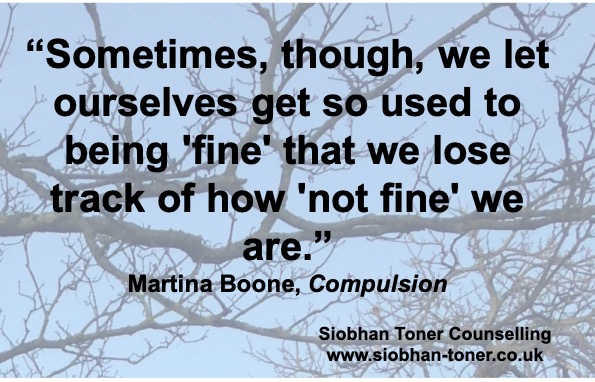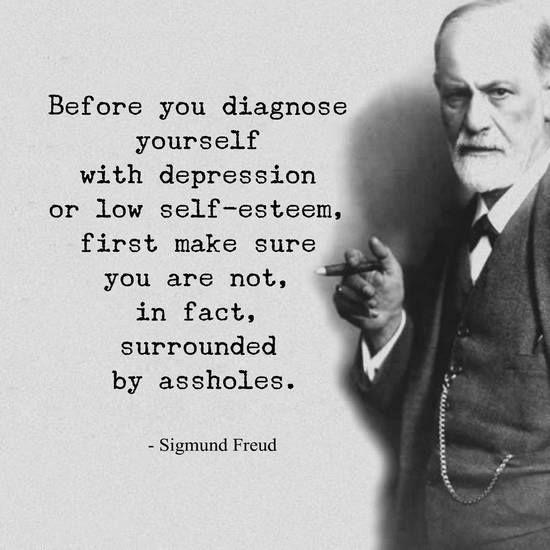
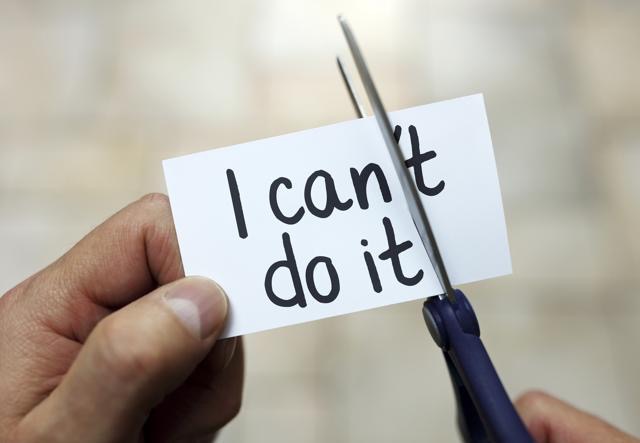
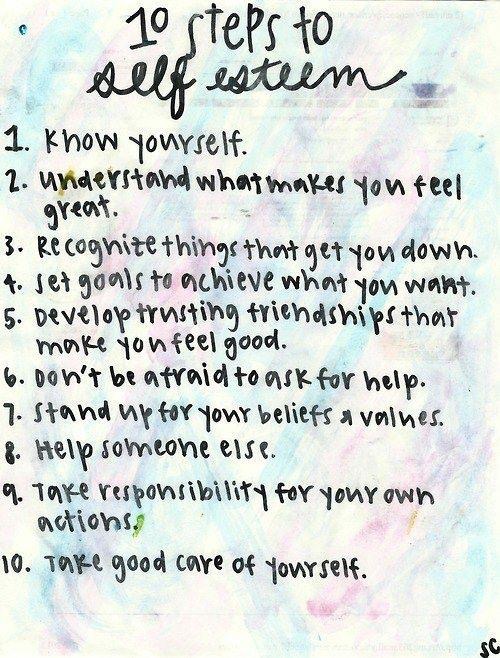
Tag: Counsellor SE6
Thursday Thoughts
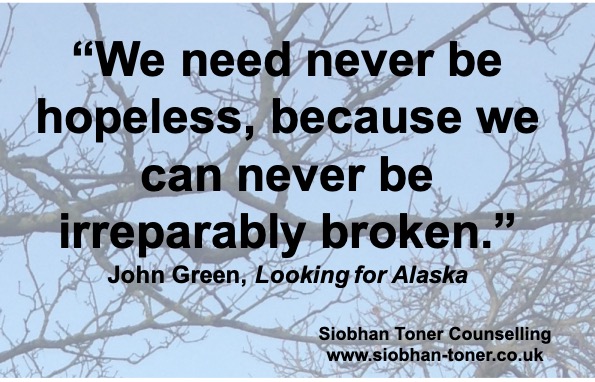
Gender diversity
This article with the words of a non binary 10 year old is brilliant.
Its clear and straightforward but the final quotes struck me as so important, not just when dealing with gender diversity but life in general.
Just image how society would be if everyone followed this rule
I don’t need people to understand.
I just need people not to be rude.
Thursday Thoughts
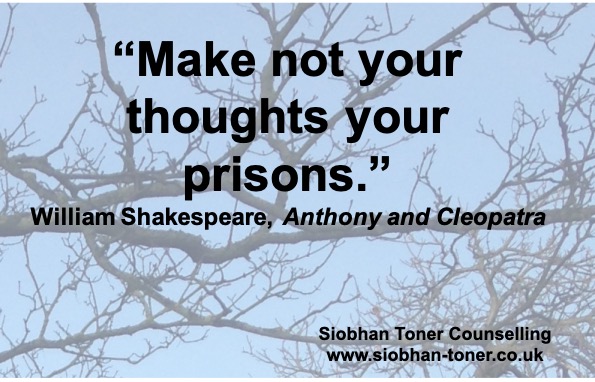
Domestic Abuse
Living in a home with domestic violence creates long term problems for all. Its not always as obvious as physical acts of violence; there are other more subtle ways to control and terrorise.
This article about two Brothers whose Father murdered their Mother and Sister describes their experience. What strikes me is that as is often the case the article quotes a neighbour describing the murderer as “a nice guy”. When I read about these cases I nearly always find quotes like this, as though their behaviour is so out of character.
Whether it is a case that has ended in murder or not, so many people want to make excuses for the abuser. Too often the victim is blamed. Either they are not believed at all or they are deemed as responsible for “provoking” the abuser. Outsiders who haven’t lived in the home feel they have a right to comment in defence.
The reality is domestic abusers are often skilled manipulators. Friends and acquaintances are also being manipulated by them. Its often only those closest to them who may know the real people.
Therefore, don’t be fooled by a stereotype of what you think an abuser looks like. They aren’t all addicts and out of control people brawling in the street. They can be anyone, at any level of society. From the person serving you coffee to the bank manager, to your next door neighbour… to your friend…. to your family. And they won’t always be men either.
Thursday Thoughts
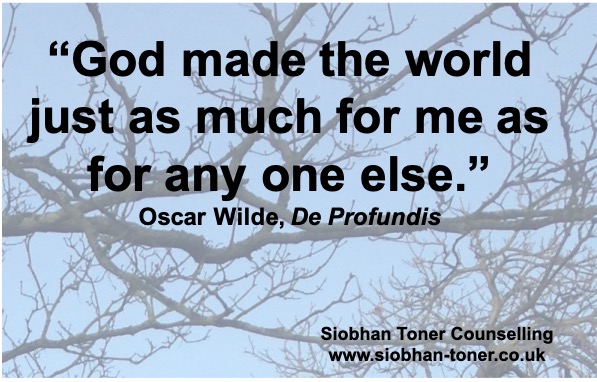
Loss and Bereavement
There are many different types of bereavement, the losses that we feel grief over are more than just when people we care about die.
Sometimes people leave us. This can be family, for example when a parent or sibling leaves the family home we can be left feeling abandoned. Our friendship groups may break apart, this is very noticeable in school but it can happen at any age. We may separate with romantic partners and feel a great lose due to that.
Other types of loses can also be incredibly hard to cope with. The loss of a home – this can be due to poverty, breakdown of relationships or a secondary bereavement when a loved one dies.
The loss of innocence can be very traumatic if it comes through abuse. This can also link to being a victim of other types of crimes like a mugging or burglary, where we can loose a sense of safety in our surrounding.
The loss of a job through redundancy can be very upsetting as it can challenge our sense of self, our purpose in the world and our self esteem.
The loss of health, having to adjust to a future without the health we may have taken for granted up to then.
All these are examples of loss and bereavement, all these losses can have long term psychological impacts and we may grieve for what has been lost or the future we thought we were going to have.
What losses have you experienced?
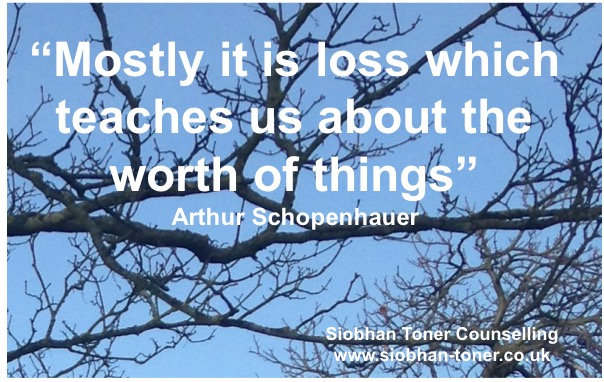
Thursday Thoughts
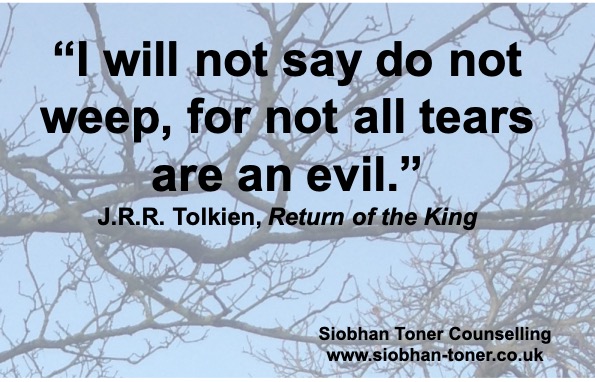
Am I the right counsellor for you?
I believe that everyone can benefit from having counselling once they find the counsellor that suits them.
How do you know if I am the right one for you? It may help to know a bit more about me. I come from a London Irish working class background and I was raised in Southwark.
I am down to earth and open in the counselling space and my role is to help facilitate your exploration of the issues that have brought you there. I do this by listening to what you are saying but also what you may not be saying. By exploring this with you it can lead to greater understanding of what you are experiencing.
I don’t just listen, I work to understand what it would be like to experience what you are telling me in a non judgemental way and I will check my understanding with you to ensure I am getting it right. This stops me making assumptions about you and your life.
I think its important to use regular language and vocabulary in our work together, I’m not there to impress you with my use of theory and academic abilities. When I speak it is only to help you in your processing of what you are bringing.
I believe that as many people as possible should have access to counselling so I also work online as it gives people more options, clients can schedule around work and family commitments without having to take extra time to travel to appointments.
Visit the contact page to find ways to get in touch. You may also notice that my home page gives details of my current availability. I know it can be incredibly frustrating reaching out to a counsellor only to find they don’t have space that is suitable for you so I try to keep this as up to date as possible.
Thursdays thoughts
